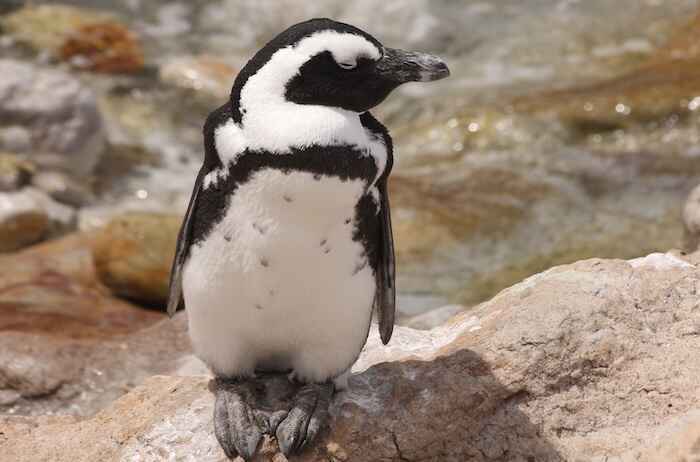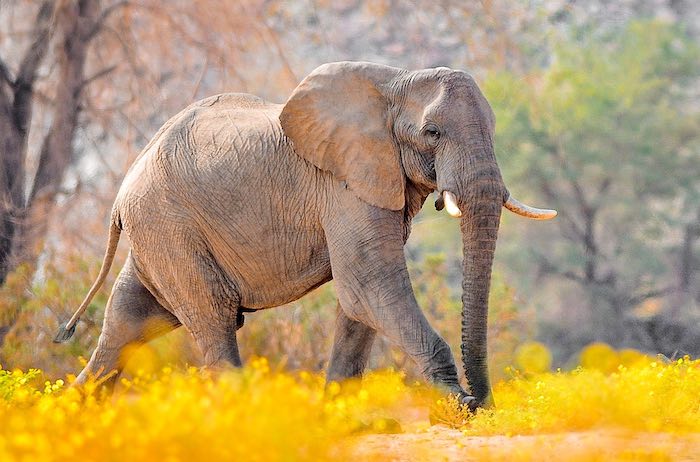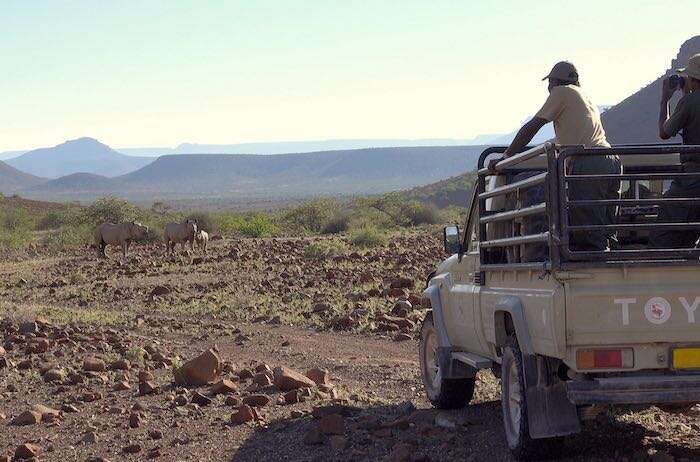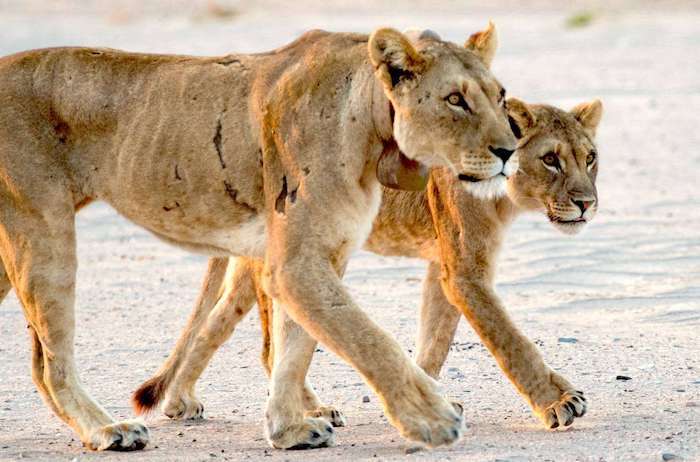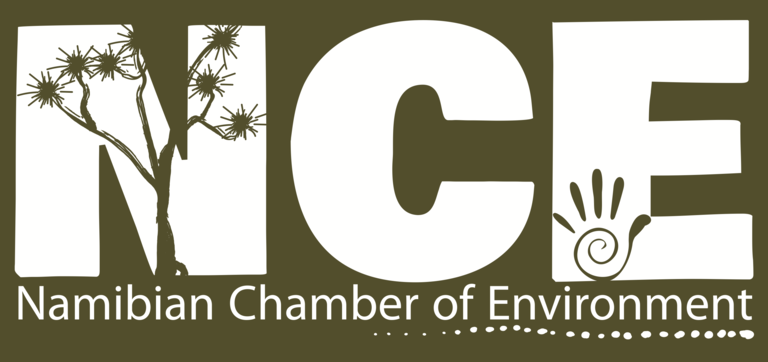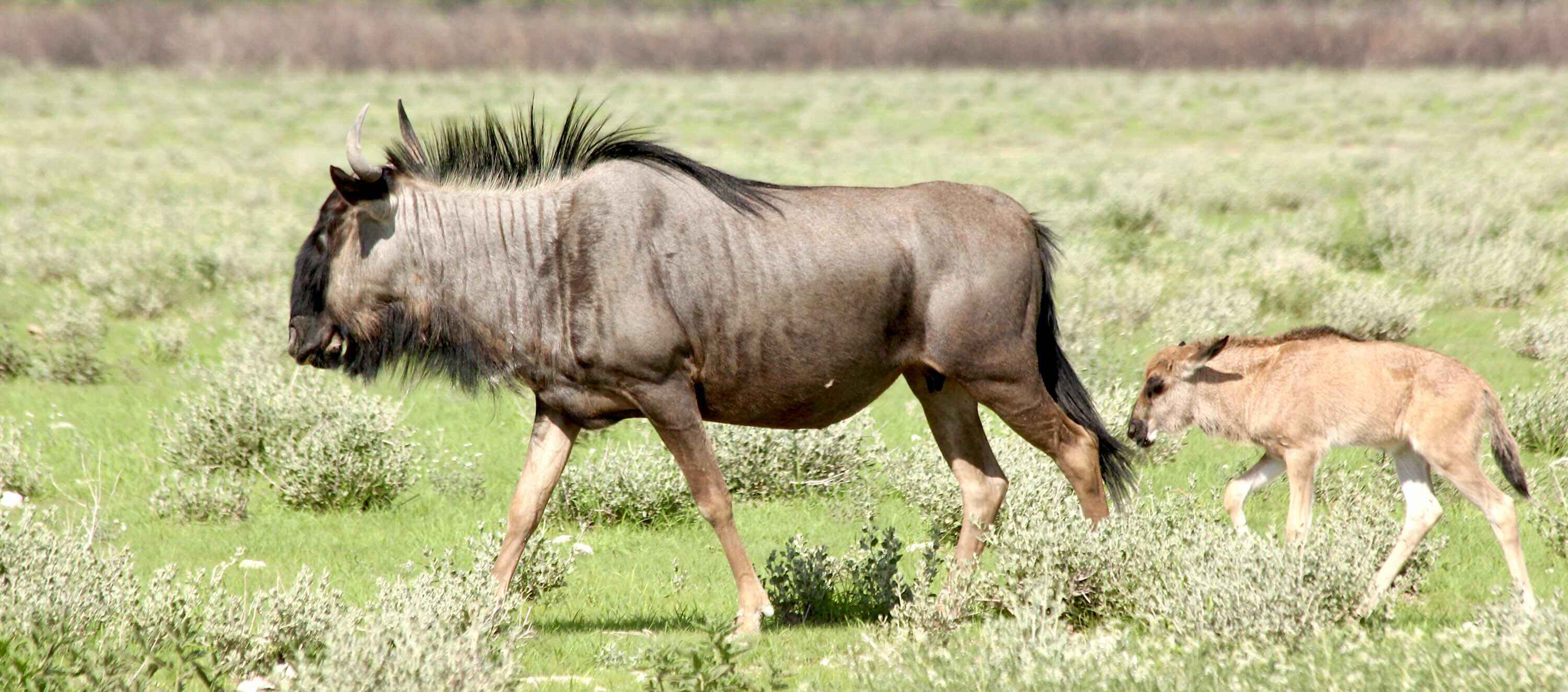
Foreword
25th November 2025
20th November 2025
Namibia is in desperate need of truly sustainable development. Even using a very broad definition of “employed” (if you have worked at least one hour in the past week), our unemployment rate sits at an unacceptably high 55%, and a shocking 61% among young Namibians. All sectors of the country should be seized with addressing this issue, including the environmental sector. Yet the particular responsibility of our sector is to ensure that development is sustainable and thereby benefits future generations of Namibians as well as those alive today.
NCE's stance on various development projects proposed during recent years reflects this responsibility. We support projects and ideas that have strong potential for creating economic growth and jobs with environmental impacts that are well-understood and can be mitigated through responsible management. Among these are responsible mining, including marine phosphate dredging, and the developing offshore oil and gas sector.
We do not support projects that produce relatively few jobs or economic benefits in relation to their environmental impacts. Examples of these are poorly managed mining operations in areas that are better suited for high-value tourism, in situ leach mining using the Stampriet Aquifer, exploring for oil and gas in the Okavango ecosystem, and developing hydrogen projects in the Tsau ǁKhaeb (Sperrgebiet) National Park. Each project is assessed on its merits, taking into consideration the costs, benefits, risks and location, among other factors.
Namibia's possible development pathways should be assessed at the national scale with an eye on global developments and our future. Each development project within a sector should therefore be evaluated in terms of its contributions to these larger outcomes. We take this approach to assessing Namibia's energy sector, which is on the cusp of major change. Which energy options will deliver the maximum benefits and jobs for as many Namibians as possible, both today and in the future?
Wherever possible, we work with government to promote sustainable development initiatives, such as our recent film showcasing the wildlife economy. Yet it remains our responsibility as a Chamber to ring the alarm bells and stand against unsustainable development options whenever they are proposed.
Several articles in this year's magazine tackle development-related challenges. In the ocean, the fisheries industry and marine biodiversity are suffering the consequences of corruption and unsustainable fishing quotas and practices over the last few decades. Moving inland, the Okavango River system could collapse if nothing is done about unsustainable water use and development in the catchment areas and along its banks in Angola and Namibia, which would result in economic collapse for Botswana's tourism sector.
Another important element of sound decision-making for sustainable development is science – collecting long-term, reliable data and analysing it to answer our most pressing questions is indispensable. Prof. Morgan Hauptfleisch explains how science moves us away from arrogance with little knowledge towards a place of uncertainty with more knowledge, until we finally gain real understanding of complex socio-ecological issues.
Dedicated plant researchers are contributing valuable information to this cause. Science has led the way to a new classification system for giraffe, alerting the world to the dangers of lead bullets, and recording amazing hyaena behaviour. Combining scientific methods and local knowledge makes even greater gains for conservation, as illustrated for elephant conservation in communal conservancies and Namibia's overall approach to community conservation. In this regard, we support two very important platforms that make good quality information available to everyone free of charge. These are the Environmental Information Service (EIS) and Conservation Namibia (this site) on which all the articles in this magazine are published to make them internationally available.
As you dive into the stories told by NCE members in this year's edition, maintain a sustainable development perspective, noting how the environmental sector can contribute to Namibia's prosperity, both now and for generations to come.
Yours in Conservation
Chris Brown and Gail Thomson
